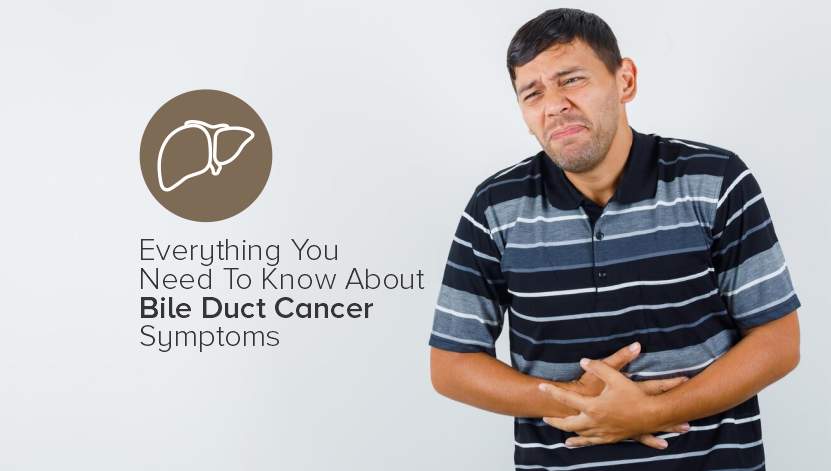Bile duct cancer (also known as cholangiocarcinoma) is a rare type of cancer that affects the ducts that carry bile from the liver to the small intestine. This type of cancer can be hard to diagnose in the early stages because the symptoms can easily be mistaken for other conditions. Here at the American Oncology Institute, we want to help you identify the symptoms of bile duct cancer so that you can get an early diagnosis and effective treatment.
